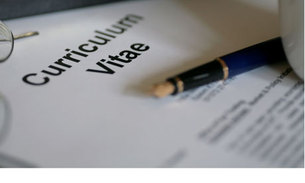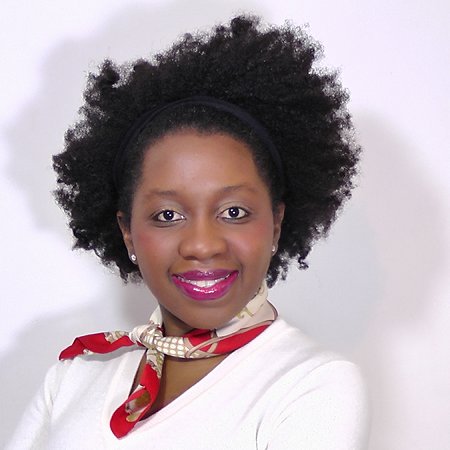 Last we had a general discussion on what a CV is, how an international-standard CV differs to a Malawian CV and the format that should be used for sending a CV. This week I will give you 15 tips out of a total of 45 that will be shared through this series. 1. Don’t write “Curriculum Vitae” or “Resume” at the top This simply isn’t the done thing any more; it should be pretty obvious what it is. 2. Your name should come at the top This is the current standard. It makes it easier for recruiters to sort through their pile of applications. 3. No silly email addresses So, [email protected] or [email protected] felt like a cool email to have when you were 16. It unfortunately does not make you look professional or serious. Create a neutral email for your resume/CV – nothing funny, saucy or rude is ideal. 4. Don’t include a title (e.g. Mrs, Mr, Miss etc) with your name Your sex is not relevant. If you have a name like Sam or Alex, there is no need to write your title so that the employer knows whether you are male or female. In fact, having a gender neutral name might be an advantage. On average, the recruiter will assume you are male and as the job market currently tends to favour men over women, keeping it vague is probably a good thing. 5. The only critical personal information: email, phone number, mailing address (and for a Malawian CV – D.O.B and marital status) Everything else does not matter and should therefore not be included. Double check, are all the digits of your phone number there? It's an easy mistake to make! 6. Don’t include your religion It doesn’t add to your value as a potential hire and will open you up to unfair discrimination. 7. Don’t include your political affiliation It doesn’t add to your value as a potential hire. 8. Don’t include any salary information A potential employer will not hire you based on what you were earning in a previous or current job. 9. Font: use Arial size 9 or 10 Arial is clean cut and looks very professional. If you really want to get it all on one page and Arial is taking up too much space, use Arial Narrow. 10. Length: one page, ideally Most people have a very short attention span so the shorter it is, the more likely that the recruiter will get through the whole resume/CV. Two pages is okay but even then, get the most critical job-grabbing information on page one. 11. How far back should you go? No more than 15 years, generally. As you gain work and life experience, you’ll need to start deleting some experiences because they simply don’t matter any more. For instance, my CV when I finished high school had some positions of responsibility: Head of House, Captain of This, Captain of That and I have deleted all of that now. It’s not relevant and has been superseded by my university and more recent experiences. 12. Use bullet points Bullet points give structure to a resume/CV, they make it more punchy and much easier for the recruiter to read. 13. Don’t use narrative Don’t use full sentences or write like you are telling a story. You do that on a cover letter. 14. Don’t use personal pronouns – I, he, she, it, we, they, you Get straight to the point. “I closed the largest sale of the year” is too long, just say “Closed largest sale in 2012” 15. No borders Generally, a professional resume/CV does not have a border. If President Obama or David Cameron had to write a resume/CV do you see them having borders on it? For some reason, I cannot. Even from the very outset, you want your resume/CV to have the air of a Statesman – clean, confident, professional, to the point. “Formal education will make you a living; self-education will make you a fortune.” Jim Rohn
0 Comments
Leave a Reply. |
For 2 years until early 2014 I wrote a weekly personal finance and business column for Malawi's leading media house, The Times Group. The target is middle-class, working African women.
This is a reproduction of the articles that appeared in the weekend edition of Malawi News. Categories
All
Archives
May 2014
|
Heather Katsonga-Woodward, a massive personal finance fanatic.
** All views expressed are my own and not those of any employer, past or present. ** Please get professional advice before re-arranging your personal finances.

 RSS Feed
RSS Feed



